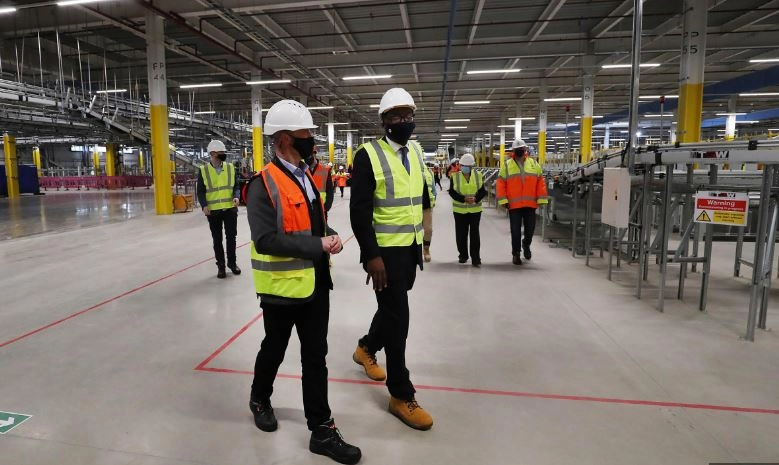The Evolving Role of Warehouse Managers in the Age of Remote Work
페이지 정보

본문

The shift to remote work has revolutionized desk jobs, yet warehouse management has experienced a different kind of transformation
While warehouse recruitment agency London operations inherently require physical presence for tasks like receiving goods, packing orders, and operating forklifts
even though managers must be onsite for hands-on tasks, their approach to leadership, oversight, and coordination has evolved dramatically
One major impact is the increased use of digital tools for oversight and communication
Modern warehouse leaders use integrated SaaS solutions, real-time dashboards, and mobile-compatible tools to oversee KPIs without stepping onto the floor
These tools enable continuous oversight regardless of physical location
Weekly meetings have shifted to video calls, and performance dashboards are accessed remotely, reducing the need for constant physical presence to gather updates
Onboarding in today’s warehouses looks markedly different than it did a decade ago
Orientation has moved from "follow me around the aisles" to "watch, click, and confirm" through structured e-learning modules
Managers can now record procedures and share them across multiple locations, ensuring consistency and reducing training time
Multisite operators benefit greatly from centralized, standardized training resources
Performance assessment is now rooted in data, not instinct
Supervisors analyze system-generated metrics—such as picks per hour, accuracy percentages, and order cycle durations—instead of relying on subjective notes or clipboard counts
This data driven approach helps identify bottlenecks and optimize workflows without needing to be present on the floor every hour
However, remote work has also created challenges
A sense of belonging and accountability can erode when supervision becomes impersonal
Some employees report feeling like "just a number" in a digital system
Top performers use scheduled video huddles, instant messaging groups, and push notifications to reinforce safety protocols and foster connection
Handshake moments and casual conversations remain indispensable for building loyalty and trust
Recent volatility in logistics and staffing has made agility a non-negotiable skill
Remote monitoring allows managers to respond quickly to delays or staffing gaps by reallocating tasks or adjusting schedules based on real time data
Flexibility, powered by data, is now the hallmark of resilient operations
The future of warehouse leadership lies not in replacing the floor, but in empowering it with smarter tools and deeper connections
The winners are those who use tech to enhance, not replace, the human touch
- 이전글The 10 Most Scariest Things About Replacement Car Key Milton Keynes 25.10.08
- 다음글The No. 1 Question That Anyone Working In Buy A Driver's License – Experience Should Be Able To Answer 25.10.08
댓글목록
등록된 댓글이 없습니다.

